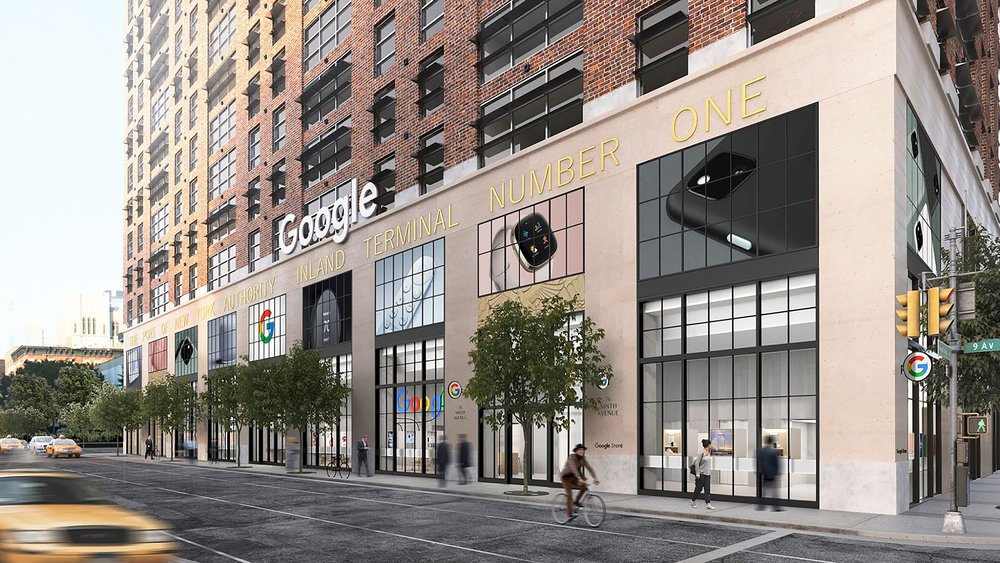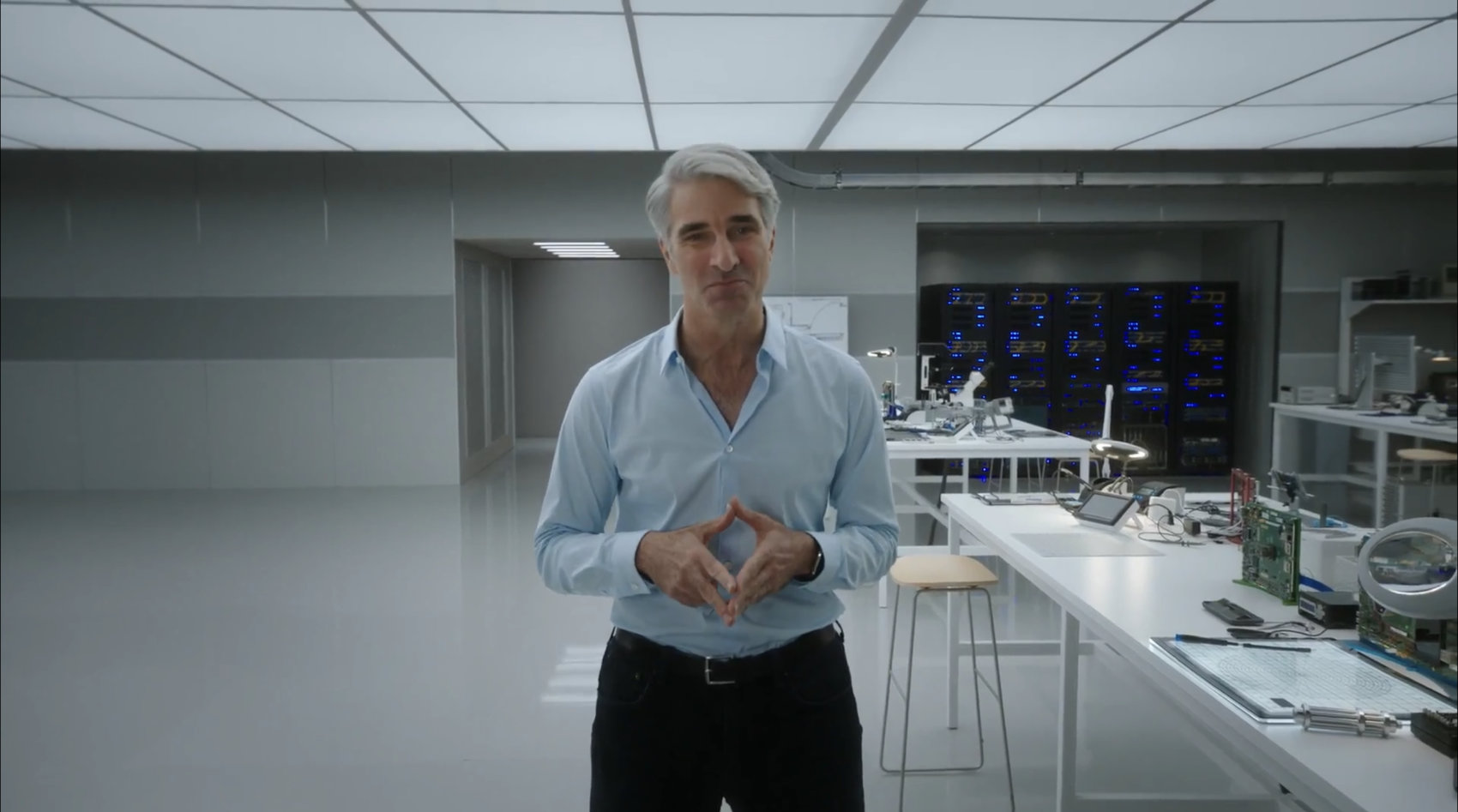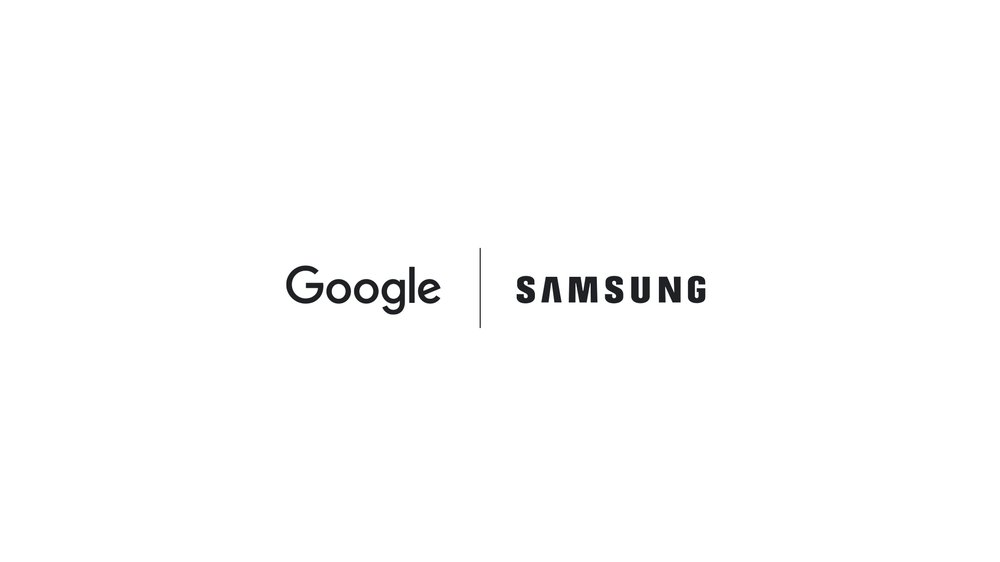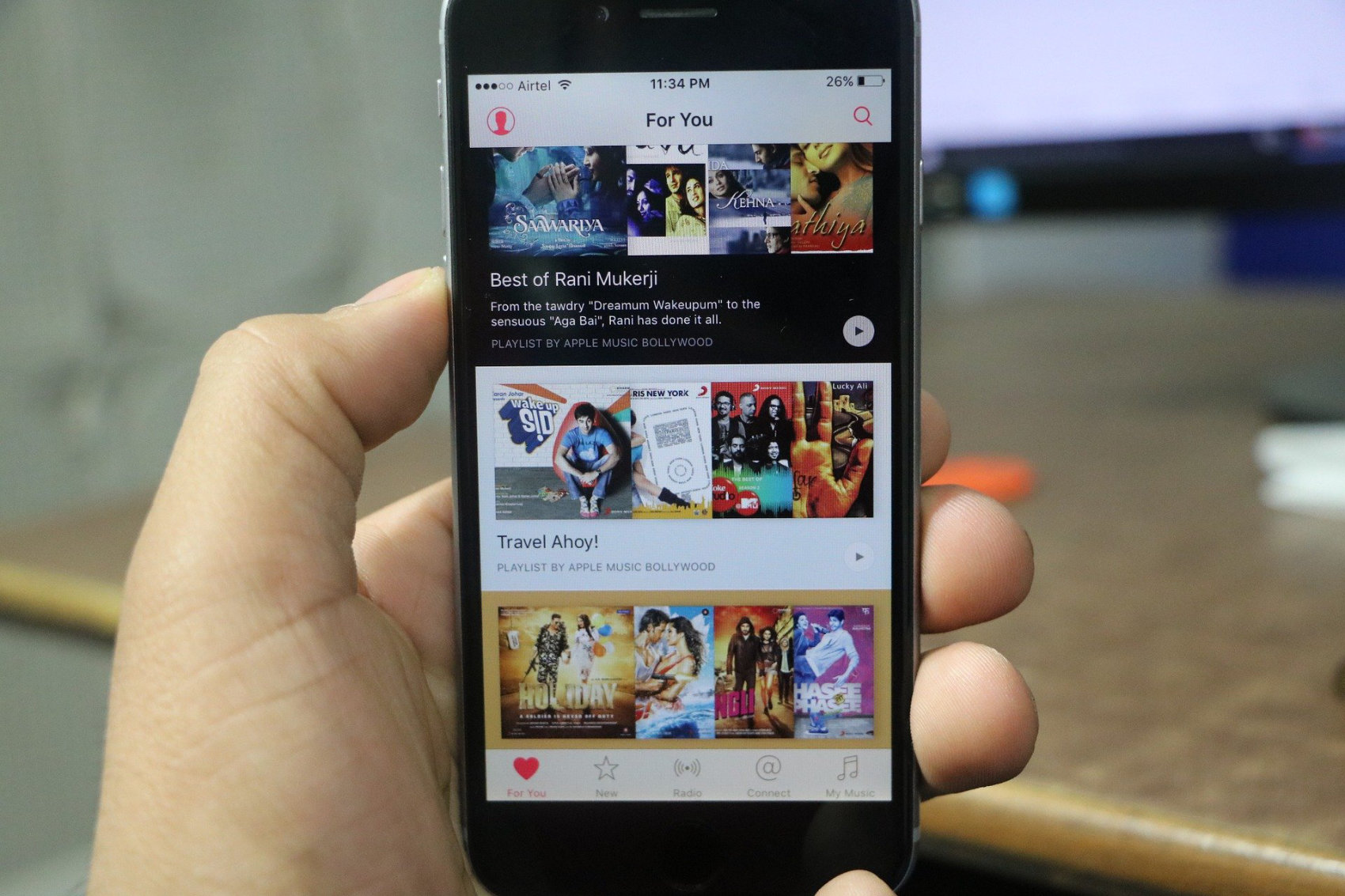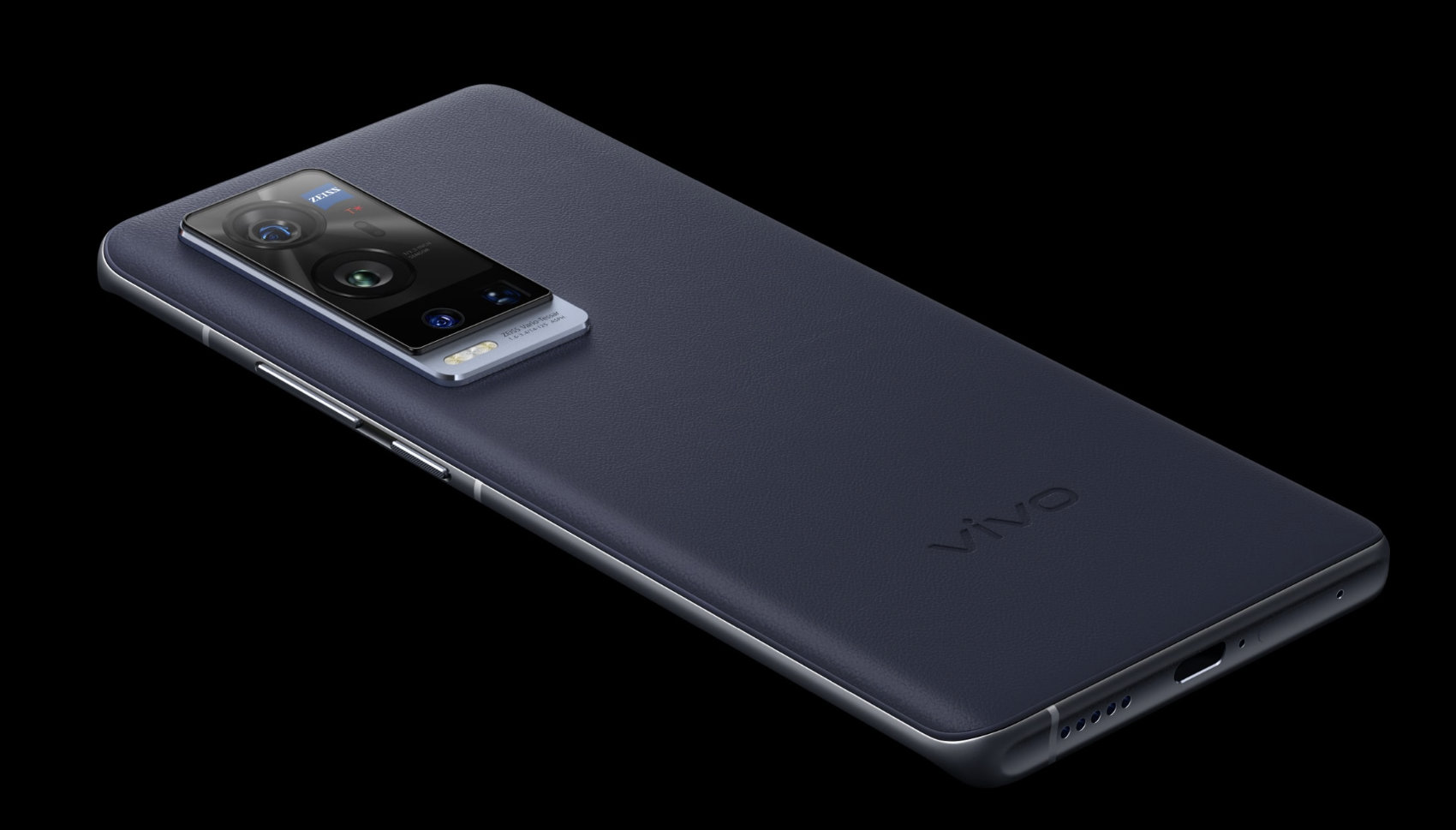Taking a page from Apple and Microsoft, Google plans to open its first store in NYC.
Apple’s retail stores have been a big part of the company’s success, becoming some of the most valuable stores in retail, per square foot. Although never achieving the same success, Microsoft’s stores were a familiar site in many shopping malls around the country before the company closed the vast majority of them.
Google hopes to strike gold with its own retail store strategy, the first of which will be opened in NYC, in Chelsea. Google’s description of its store sounds very similar to an Apple Store.
The company made the announce on its official blog.
At the Google Store, customers will be able to browse and buy an extensive selection of products made by Google, ranging from Pixel phones to Nest products, Fitbit devices to Pixelbooks and more. Or they can shop online at GoogleStore.com and pick up their orders in store. Throughout the store, visitors will be able to experience how our products and services work together in a variety of immersive ways, which we’re excited to share more about when the doors open.
We’ll have experts on hand to help visitors get the most out of their device, such as troubleshooting an issue, fixing a cracked Pixel screen or helping with installations. It doesn’t matter whether you’re a longtime Pixel user, are curious about our Nest displays or want to participate in one of the how-to workshops we’ll offer throughout the year — our team will be able to provide you with help that’s specific and personalized to your needs.
Should the Chelsea location prove successful, it’s a safe bet the company will likely expand its retail footprint. In the meantime, the Chelsea location will be open summer 2021.
